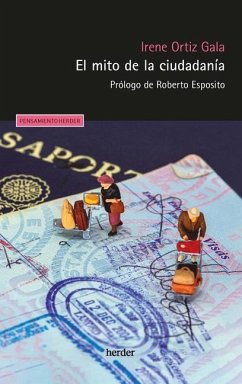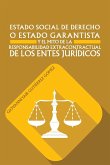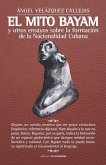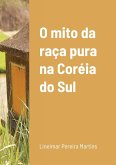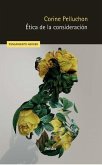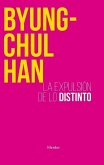What do we mean when we talk about citizenship? Who can be a citizen? What fate awaits those not in the country where they reside? Many times simple questions contain very complex topics. In this book, Irene Ortiz deploys an archaeological investigation into the stories that allowed the constitution of the citizenship device from the pillars established by Athens and Rome to the present day. More than two thousand years ago, citizenship remains the legal tool that allows the State to distinguish between who are "members" and who are "strangers." This essay presents a diagnosis of citizenship, its formation and its effects. However, it is not only about investigating what role the legal artifact of citizenship plays in the protection of life and what implications it has in our understanding of the world, it is also about evaluating whether this narrative can continue to explain and respond to the urgency of our present--to the imprisonments, to the shipwrecks, to the institutionally legitimized violence against those who do not have a "strong" passport. Perhaps it is time to exercise the political imagination and build new stories with which to think about new, more just and habitable worlds.
Hinweis: Dieser Artikel kann nur an eine deutsche Lieferadresse ausgeliefert werden.
Hinweis: Dieser Artikel kann nur an eine deutsche Lieferadresse ausgeliefert werden.

